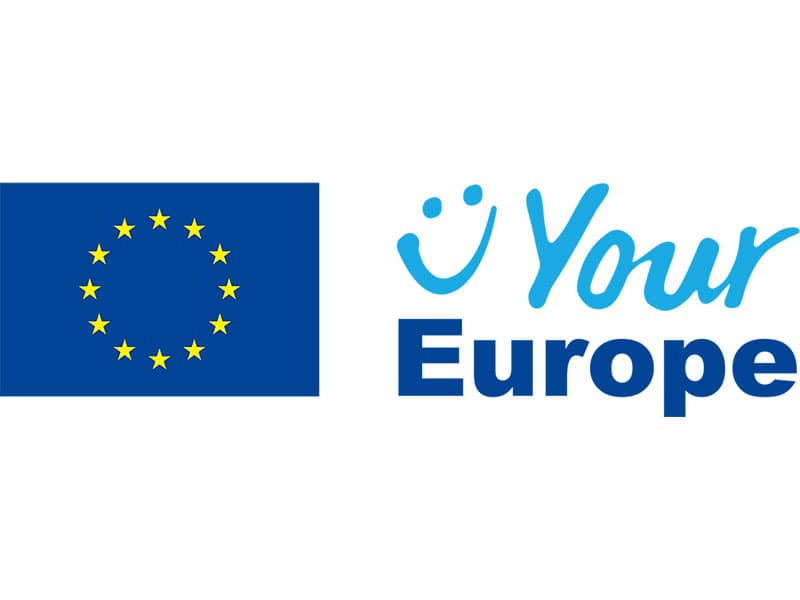Information for EU citizens
Towns and municipalities need sufficient resources to carry out their many duties for their citizens. In addition to the share of revenue from federal taxes, which account for about 40 percent of the current revenue, municipalities are mainly financed by own taxes, in particular municipal tax and land tax, as well as by fees and charges.
Municipal tax
Municipal tax is a wage-dependent municipal levy. It is levied by the municipalities, but is regulated in the Municipal Tax Act by federal law.
Municipal tax is levied on wages paid in a calendar month to the employees of a permanent establishment of an enterprise located in Austria. According to the Municipal Tax Act, employees include:
- persons who are in an employment relationship subject to wage tax
- independent contractors
- persons holding a major interest in the company (e.g. shareholder-managing director)
- persons hired out by a permanent establishment of an enterprise located in Austria to perform work in Austria or abroad
- persons who have been hired out by a permanent establishment located abroad to perform work in Austria
- persons assigned for service by a corporation governed by public law
Land tax
Land tax is an exclusively local levy. It is levied by the municipalities, but is regulated in the Land Tax Act by federal law.
Land tax is a tax on objects based on the object of taxation and not the personal circumstances of the taxpayer.
Land tax is levied on property in Austria, namely:
- agricultural and forestry assets
- real assets
- business assets, insofar as they consist of business real estate.
Duties and fees
Water supply facilities
Anyone who is connected to a public water supply facility must pay corresponding fees at periodic intervals for its use. The legal basis for setting and ordering the payment of such fees is provided in the corresponding provincial legislation. Based on these legal regulations, the fees in connection with the water supply facilities are set by the municipal council and submitted to citizens for payment.
In addition to this recurring fee, a one-off charge is payable upon connecting to the water supply facility – which is obligatory in the vast majority of cases – for new building projects or when connecting an area to a public water supply facility for the first time. The legal basis for this levy is also regulated in provincial legislation.
Sewage systems
Anyone who is connected to a public sewage system (sewerage system and sewage treatment plant) is required to pay periodic fees upon connecting to the system and for its use. The legal basis for setting and ordering the payment of such fees is provided in the corresponding provincial legislation. Based on these legal regulations, the fees in connection with the sewage system are set by the municipal council and submitted to citizens for payment.
In addition to this ongoing fee, a one-off charge is payable when connecting to a sewage system - which is obligatory in the vast majority of cases - for new building projects or when connecting an area to a public sewage system for the first time. The legal basis for this levy is also regulated in provincial legislation.
Waste disposal
Public waste disposal takes place directly at citizens' homes and via collection centres, where citizens must go to dispose of waste. Corresponding fees must be paid at periodic intervals for the disposal of waste. The legal basis for setting and ordering the payment of such fees is provided in the corresponding provincial legislation. Based on these legal regulations, the fees in connection with waste disposal are set by the municipal council and submitted to citizens for payment.
Costs
The costs incurred for the areas of water supply, sewage disposal and waste disposal are to be raised through fees under the principle of equivalence. Under the ‘principle of equivalence’ municipalities are required ensure that public utilities, such as water supply, sewage and waste disposal, which are operated for their citizens, are made available to them at reasonable prices (fees). ‘Reasonable prices’ are those costs that the municipality has actually incurred or would incur if the facilities were managed in an economical, efficient and practical manner.
It is irrelevant which legal form the municipality uses to provide for the creation, maintenance and operation of these municipal facilities in terms of materials and personnel. Therefore, municipalities can also assign bundled public utility works to associations set up specifically for this purpose, outsource them to subsidiaries (e.g. limited liability companies) or award them to contractors from the private sector.
Contact details
The currently applicable fees for public utilities (water supply facilities, sewage systems and waste disposal) can be obtained directly from the municipality in question.

